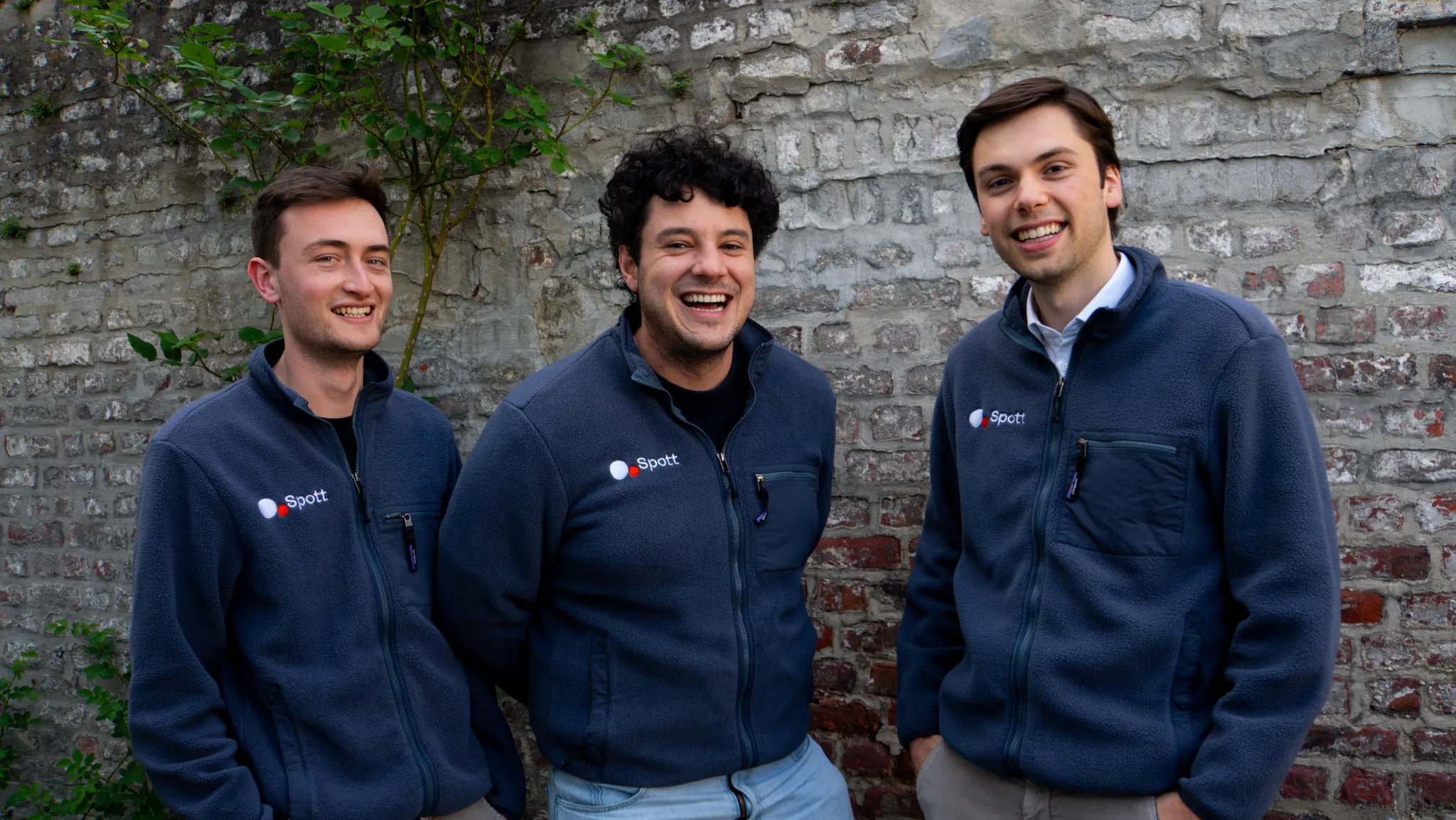Spott Secures $3.2M to Enhance AI Recruitment Platform

Spott has raised $3.2 million in seed funding to advance its AI-native recruitment platform, reports VentureBeat. The funding round was led by Base10 Partners, with participation from Y Combinator, Fortino, True Equity, and several angel investors.
The San Francisco-based startup aims to transform recruitment operations by offering an all-in-one platform that automates workflows, allowing recruiters to focus on more strategic tasks. Spott's platform integrates candidate sourcing, screening, and placement, addressing the fragmentation seen in current recruitment technologies.
Founded in September 2024 in Leuven, Belgium, by Lander Degreve, Manu Vanderveeren, and Samuel Smeys, Spott has already generated over 1,000 candidate reports for clients, including Stanton Chase. The new funding will accelerate the development of Spott's platform, enhancing its capabilities to manage the entire recruitment lifecycle efficiently.
We hope you enjoyed this article.
Consider subscribing to one of our newsletters like AI Funding Brief or Daily AI Brief.
Also, consider following us on social media:
More from: Funding
Subscribe to AI Funding Brief
Whitepaper
Stanford HAI’s 2025 AI Index Reveals Record Growth in AI Capabilities, Investment, and Regulation
The 2025 AI Index by Stanford HAI provides a comprehensive overview of the global state of artificial intelligence, highlighting significant advancements in AI capabilities, investment, and regulation. The report details improvements in AI performance, increased adoption in various sectors, and the growing global optimism towards AI, despite ongoing challenges in reasoning and trust. It serves as a critical resource for policymakers, researchers, and industry leaders to understand AI's rapid evolution and its implications.
Read more
